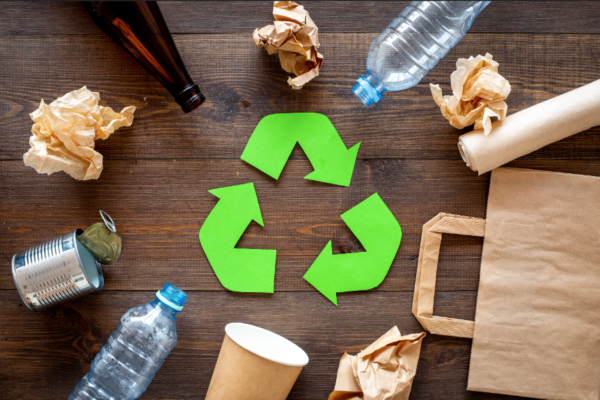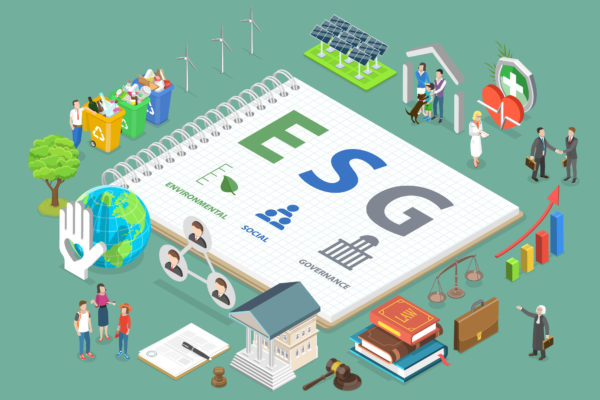Small- to medium-enterprises (SMEs) have been recognized as an important economic catalyst by contributing towards financial growth, creating jobs, reducing global poverty, and expediting national development by generating income and national wealth. A significant portion of this economic growth can be achieved through the investments they financially support and offer to their employee stakeholders.
Reduction resources
10-Step Guide for a Simple Waste Audit
Most businesses don’t know how well they are recycling. Sure, you want your brand to be green and have set up some recycling bins here and there. But how effective are your recycling programs? Are your customers aware of your efforts?
By completing a waste audit, you can identify opportunities to reduce waste, save money, and share your recycling success with customers and employees.
How to Set ESG Strategy in 6 Steps
Environmental, Social, Governance (ESG) is an umbrella term describing how a company incorporates environmental, social & economic issues within its strategy, processes and governance structure. Your small business may be performing many ESG functions already, even if you’re not aware of it. Learn how to develop your ESG strategy in 6 steps!
Saving on Water Usage
Water usage is a data input that you’ll report when you calculate your business’s carbon footprint. For this reason, your ability to reduce the number of gallons of water your business uses yearly will support lowering your overall emissions.
Climate Action Marketplace for Small Businesses
Small businesses looking to take climate action now have a database connecting them with solutions for clean energy, carbon neutral shipping, sustainable office supplies, food waste solutions, and more.
Switching Your Business to LED Lighting
One ‘bright’ but often overlooked emissions factor for small businesses is lighting. Changing the light fixtures your business uses is a simple but impactful way to reduce costs and your carbon footprint.






